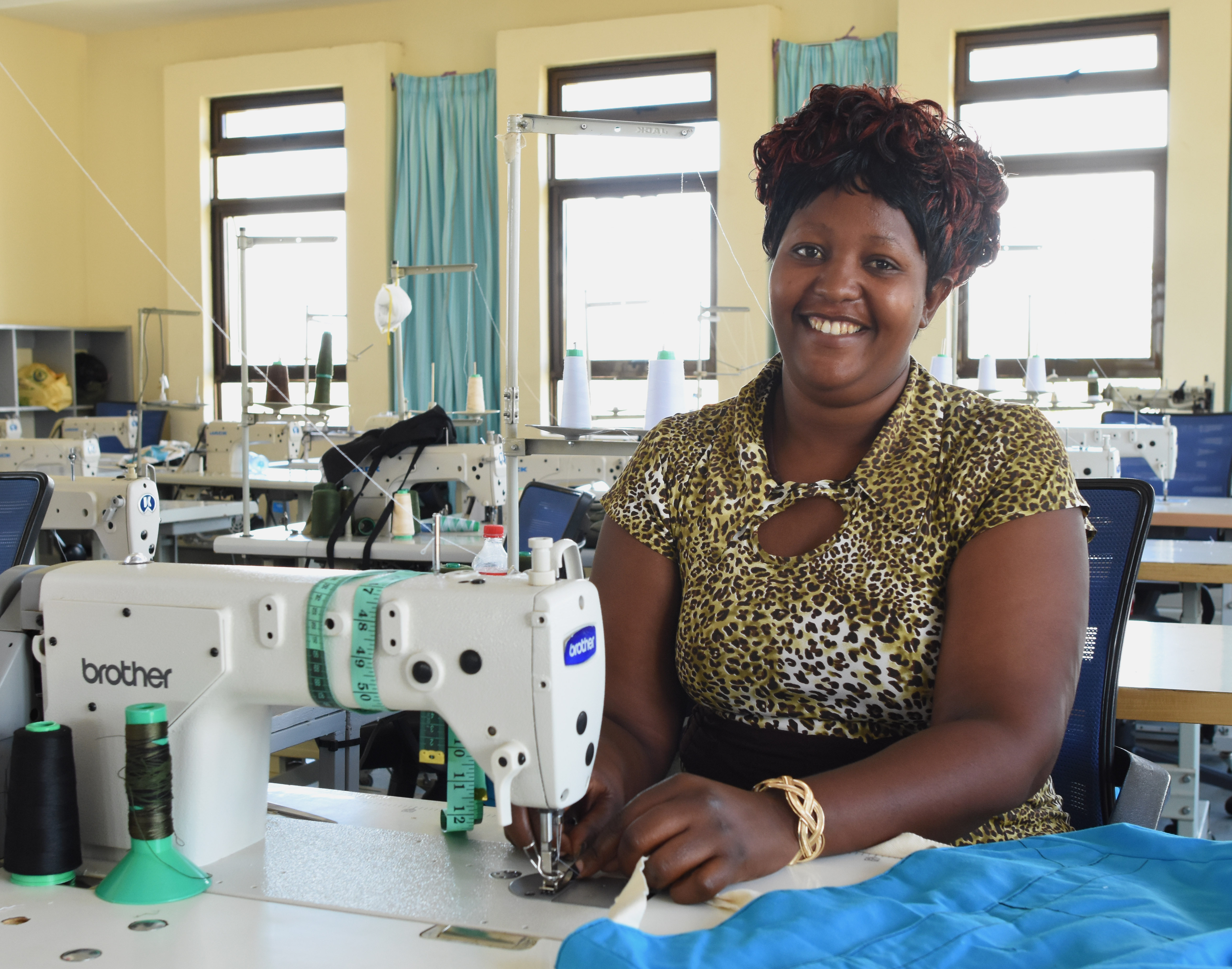At Planeterra Foundation, we believe that the economic empowerment of one small business can uplift an entire community. We’ve seen it time and time again since we began assisting individuals, families and businesses to join the tourism supply chain. By empowering a business and helping it to thrive, an entire community can be transformed.
There is perhaps no better example of what we call “the ripple effect” than the community-owned Parwa Restaurant in the Sacred Valley of Peru. Since it opened in March of 2014, profits from the restaurant have been distributed to various initiatives which have benefitted the community as a whole, and often the neediest groups.
Not surprisingly, the community association decided early in its first year to invest in the youth of the village, through a scholarship program and building of an internet-connected computer center.
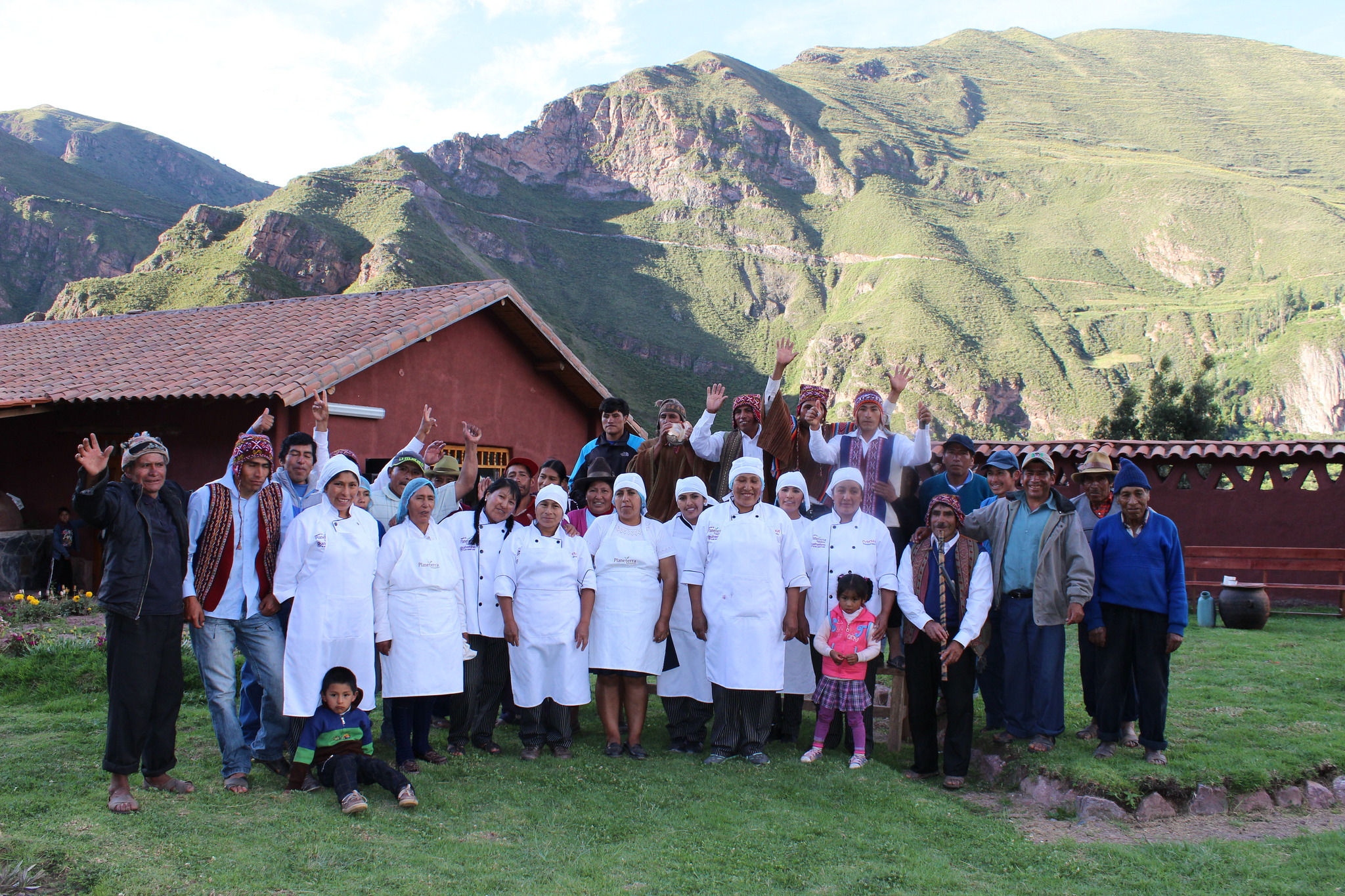
The elderly in the community have also seen the ripple effect caused by the restaurant’s creation, as a social security program was created for their benefit. Income in 2016 went towards installation of water tanks in 45 families’ homes, to ensure all residents in the village have access to running water.
Those running the restaurant have also not forgotten to invest back into their own business. New restrooms, kitchen upgrades, and an organic garden to grow vegetables for the restaurant (that acts as an educational component on local foods including quinoa and indigenous potatoes for visitors) were all completed in 2016.
The success of the Parwa Restaurant is a testament not only to the infrastructure investment and capacity building contributed by Planeterra Foundation and its partners, but to the commitment of the whole community to improve their families’ lives. This true social enterprise has lifted an entire community up, and we will continue to watch as their ripple effect continues to reach those most in need.

FROM THE FIELD
Joel Callañaupa is Planeterra’s Field Manager in South America. He works closely with indigenous communities in Colombia, Peru, and Bolivia. He has specialized in community tourism since 2007 when he began his career with Peru’s national rural community tourism development program.
Help Planeterra continue to harness the travel industry for good


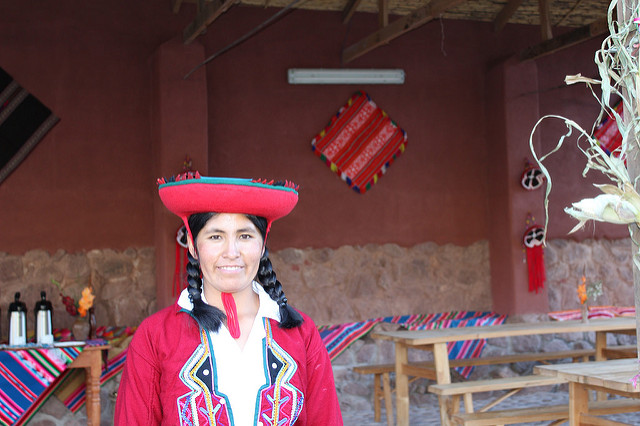
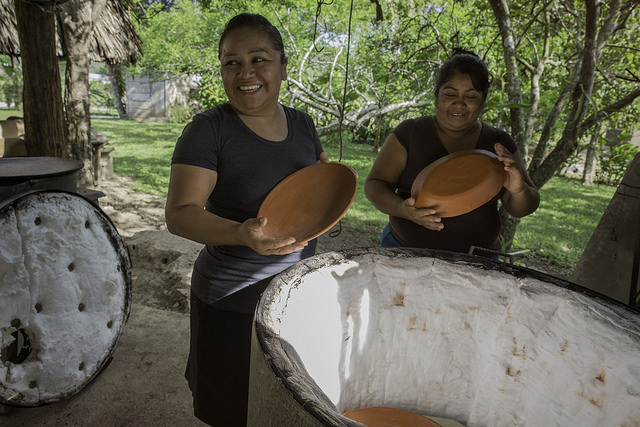
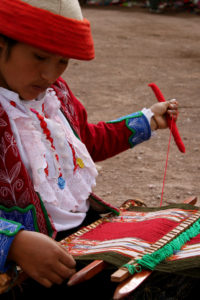 Ccaccaccollo Women’s Weaving Co-op
Ccaccaccollo Women’s Weaving Co-op Moshi Mamas
Moshi Mamas